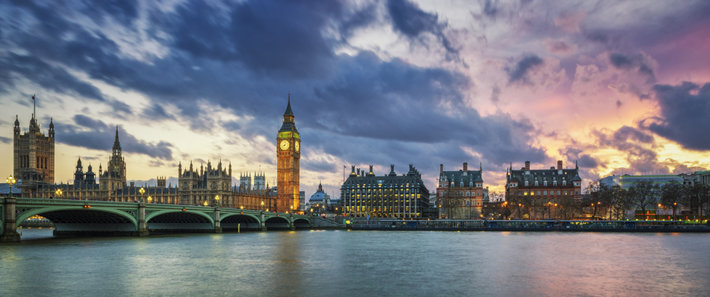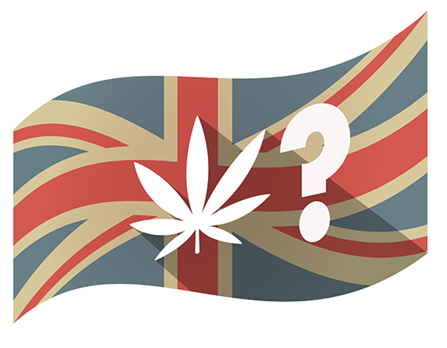
Will the UK Follow the Example of Other Countries and Legalise Cannabis?
Petitions being circulated, politicians taking stands, news media assessing the likelihood of imminent cannabis legalisation in the UK—will it actually happen? And if it does happen, will it make the drug problems of the UK smaller? Let’s take a look at this issue. But first, a little context.
At the moment, the UK sides with the majority of European countries in imposing a legal penalty for the possession of cannabis, along with Scandinavian countries, France, Germany, Austria, Hungary and Poland. Counties that do not impose a legal penalty for minor drug possession include Spain, Portugal, Italy, the Czech Republic, Lithuania and Latvia. Ireland and Belgium do not impose penalties for minor cannabis possession but have retained them for other drugs.
What Do Advocates for Legalisation Claim?

As in the U.S., the argument is that legalisation will permit greater control of the market and eliminate the more potent form of cannabis referred to as “skunk.” How valid is this claim? Did legalisation bring potency under control in the U.S.? Did legalisation bring the market under control?
Across the U.S., the potency of marijuana sold on either the legal or illicit markets has gone nowhere but up. The national average THC content in 2014 was more than 12%, compared to less than 4% in 1995. The national average THC content of hash oil has soared from about 13% in 1995 to over 50% in 2014. At marijuana stores and medical dispensaries in Colorado, it’s easy to buy marijuana with 28% THC content. High potency extracts and edibles are also available. The market has been so uncontrolled and the products so potent that several deaths had to occur before there was even a conversation about regulation.
And how about control of the market? According to a 2016 report, The Legalization of Marijuana in Colorado: The Impact, legalising this drug for both medical and recreational use has not stopped illicit trafficking. Huge, illegal cannabis grows run in homes and warehouses and interdiction of Colorado marijuana already in or destined for other states have increased since the 2014 legalisation took effect. Foreign cartel members who used to traffic foreign-grown pot into the U.S. have switched their attention to heroin or methamphetamine meaning that supplies and seizures of both these deadly drugs have increased.
Read the report The Legalization of Marijuana in Colorado: The Impact here.
Despite this evidence, in early 2017 pro-cannabis advocate George McBride stated, “offering legal, lower-potency forms of cannabis, it reduces the demand for high-potency strains. It shows how the market can succeed where the state fails.” There’s no evidence of this improved control in America’s original test case, Colorado.
Existing Cannabis Use in the UK

As of a 2017 report from the European Monitoring Centre for Drugs and Drug Addiction (EMCDDA), cannabis is already the top drug of abuse among those aged 16 to 34 years. It’s also the second-highest reason UK citizens go to rehab. Twenty-six percent of entrants to drug rehab cited cannabis as their problem, second only to heroin at 42%.
In 2015, a measure to legalise marijuana dead-ended with the UK government announcing: “Substantial scientific evidence shows cannabis is a harmful drug that can damage human health.”
What could the UK learn from the U.S. experience to help them resist the pressure to legalise cannabis? Here’s a couple of points. According to the U.S. National Institute on Drug Abuse, “Increased drug availability is associated with increased use and overdose.” In a 2016 commentary in the New York Times, former director of the National Institute on Drug Abuse Robert L. DuPont stated, “The aggressive commercialization of marijuana that is now rampant and still growing is particularly damaging to the public health because it markets marijuana and an array of increasingly potent products in ever more attractive ways that encourage marijuana use and frequent high-dose THC use.”
Dr. DuPont’s statement sums up the problem America has created for itself with this huge experiment in the legalisation of marijuana. Perhaps with widespread drug prevention and programmes to motivate youth to be interested in productive activities, this experiment could have succeeded. But opening the door to a free-for-all of commercial development of the cannabis market has not proven successful in the States. Hopefully, the UK will learn from the U.S. experience.


